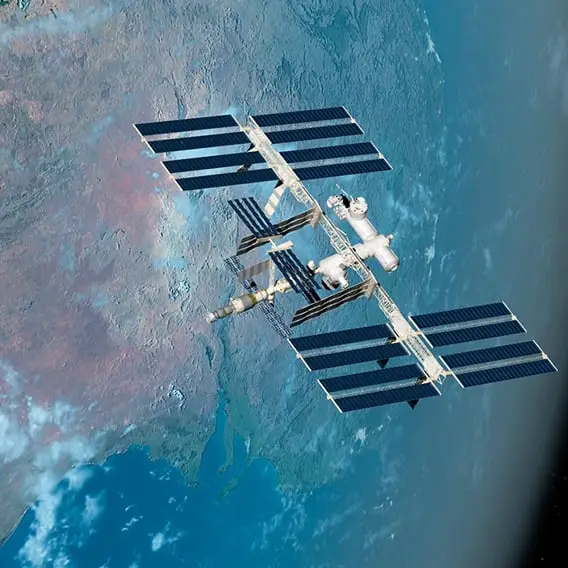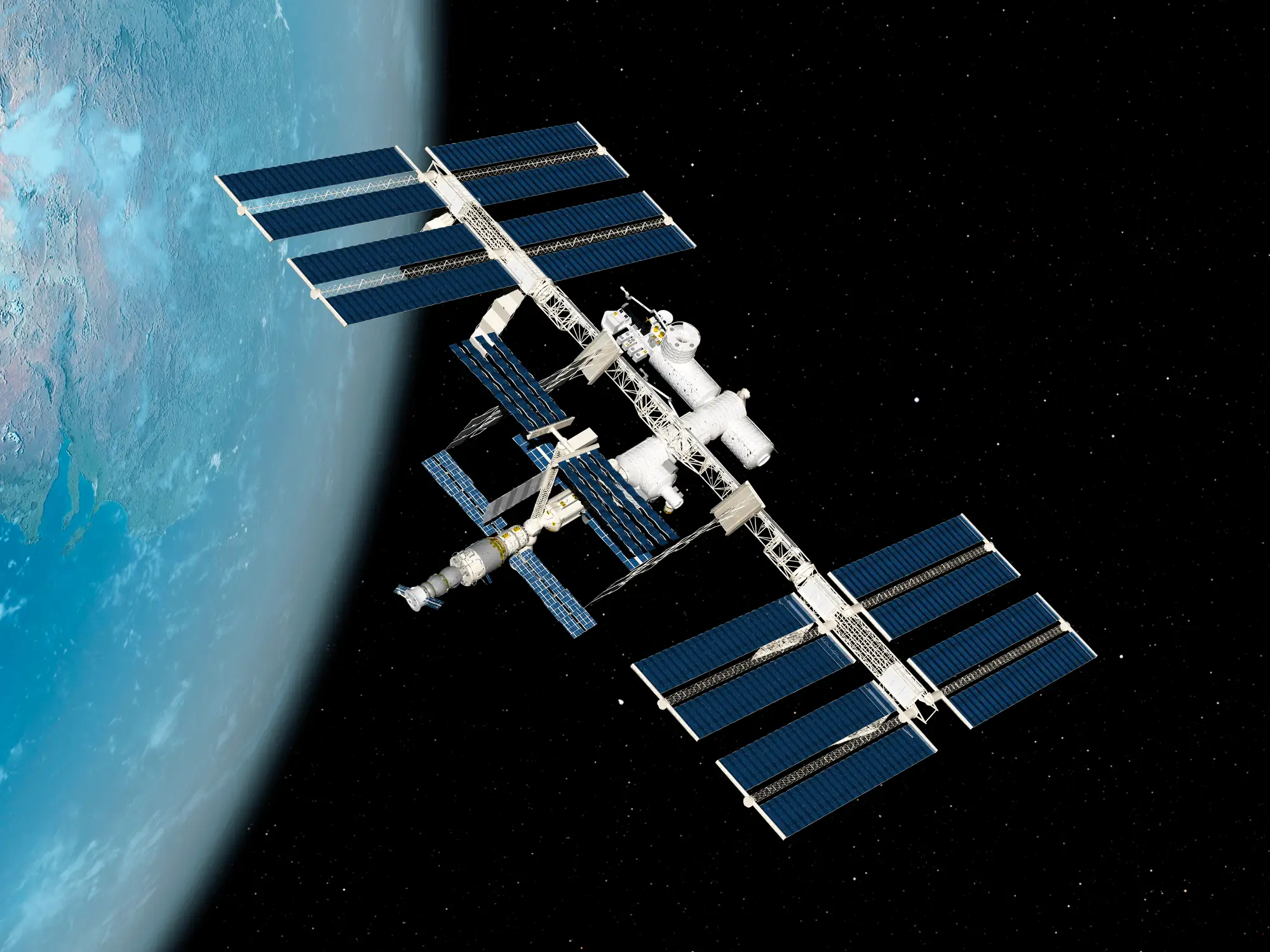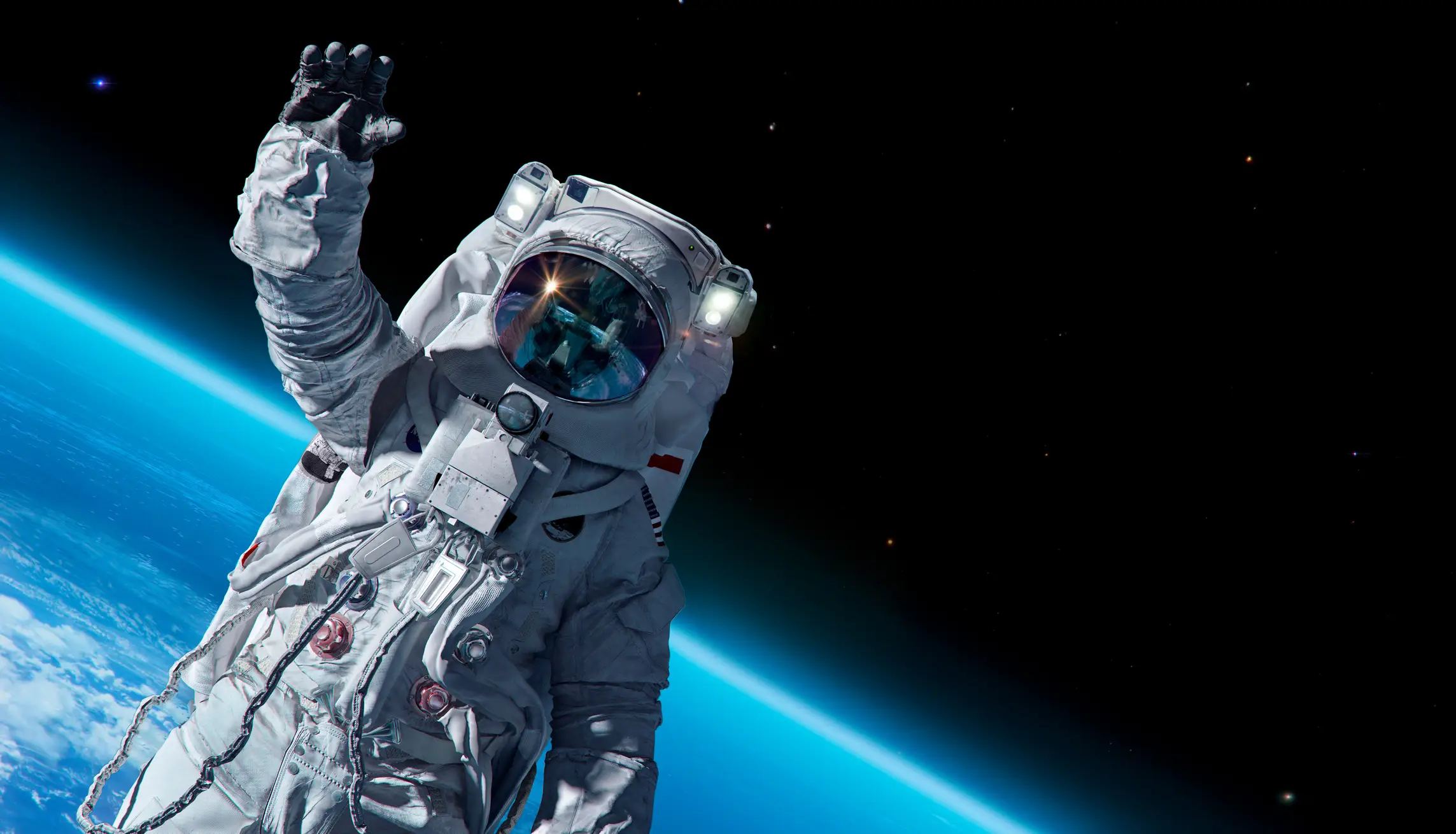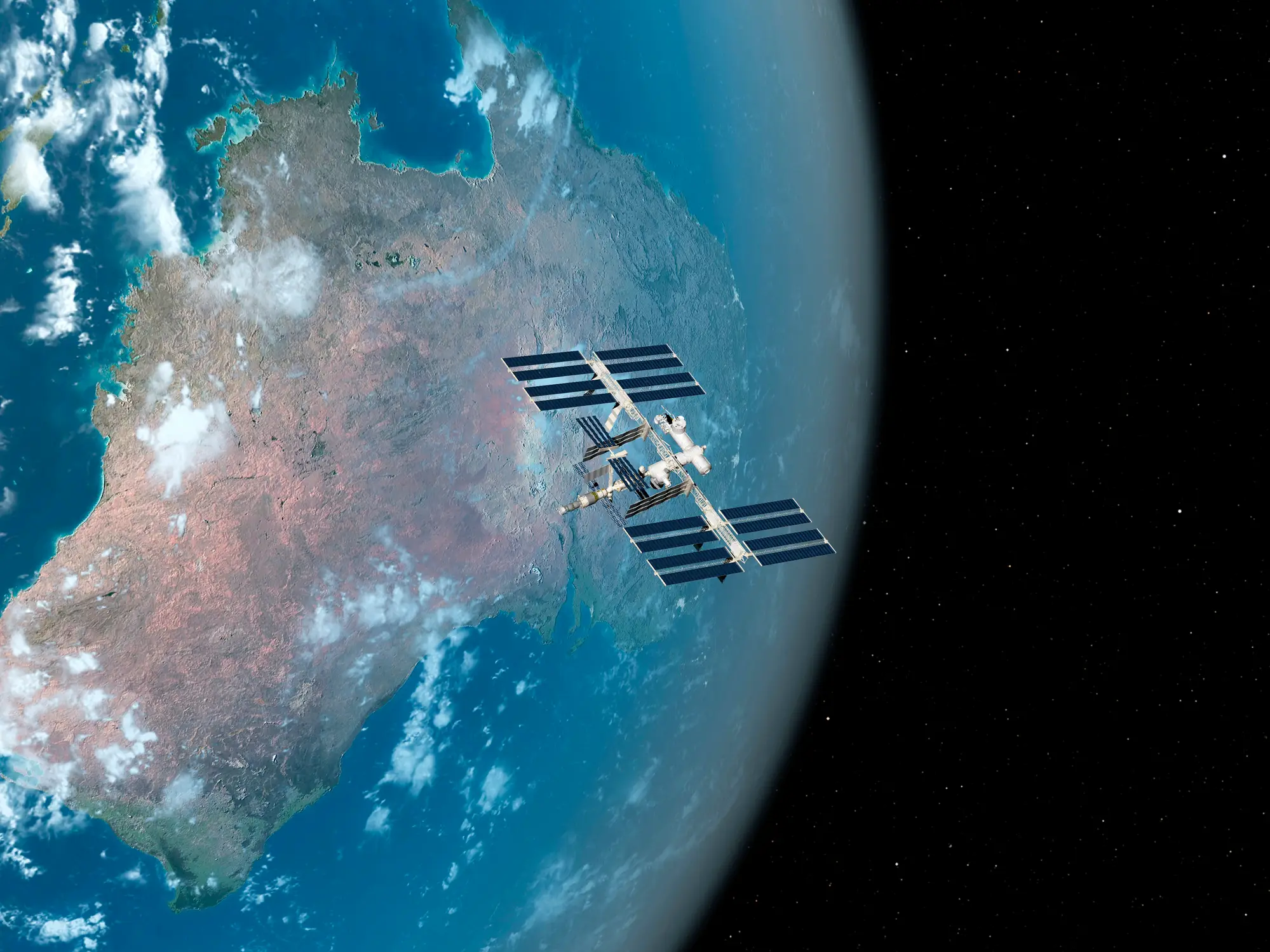


The world’s first space archaeology study reveals the hidden habits of astronauts aboard the ISS.
It’s the first archaeological survey of the International Space Station ever and it’s revealed just how the astronauts who spend time there adapt to the environment.
It’s hoped that the study will help the design of future versions of the space station in order to improve the experience for people who spend weeks or months on board.

Advert
The ISS has been continuously crewed since 2000 but all that will come to an end in 2030 when it’s planned for a SpaceX vehicle to attach itself to the station and safely bring it back down to Earth.
This means that new plans will be in the works for an updated version, so surveys will now start to be conducted to find out more about astronaut life on the ISS and how that can be upgraded in the future.
In the study, astronauts were tasked with marking a one meter square out in tape and documenting it with daily images.
The squares were in spots including the galley table, workstations, and a wall where astronauts keep their toiletries.
Researchers said: “The crew marked out six sample locations around the ISS and documented them through daily photography over a 60-day period.”

Through the findings, the research team has learnt more about how astronauts use the space available to them while in orbit, whether that’s for work or leisure.
Researchers added: “Designers of future workstations in space should consider that they might need to optimize for functions other than work, because most of the time, there might not be any work happening there.”
According to the survey, one astronaut said: “We were a pretty organized crew who was also pretty much on the same page about how to do things.
“As time went on we organized the lab and kind of got on the same page about where we put things and how we’re going to do things.”

The study has also shown how traditional archaeological methods can be used to gain insight about extreme habitats taken up by humans.
This can also include Antarctic research stations, living in space or surviving on the peak of Mount Everest.
Co-author of the study, Justin Walsh from the University of Southern California said: “Archaeology is not just about the very distant past. It’s about using objects, artifacts, built spaces and architecture as primary evidence for how humans behave, interpret and adapt to the world around them.
“Archaeology has a place in space.”